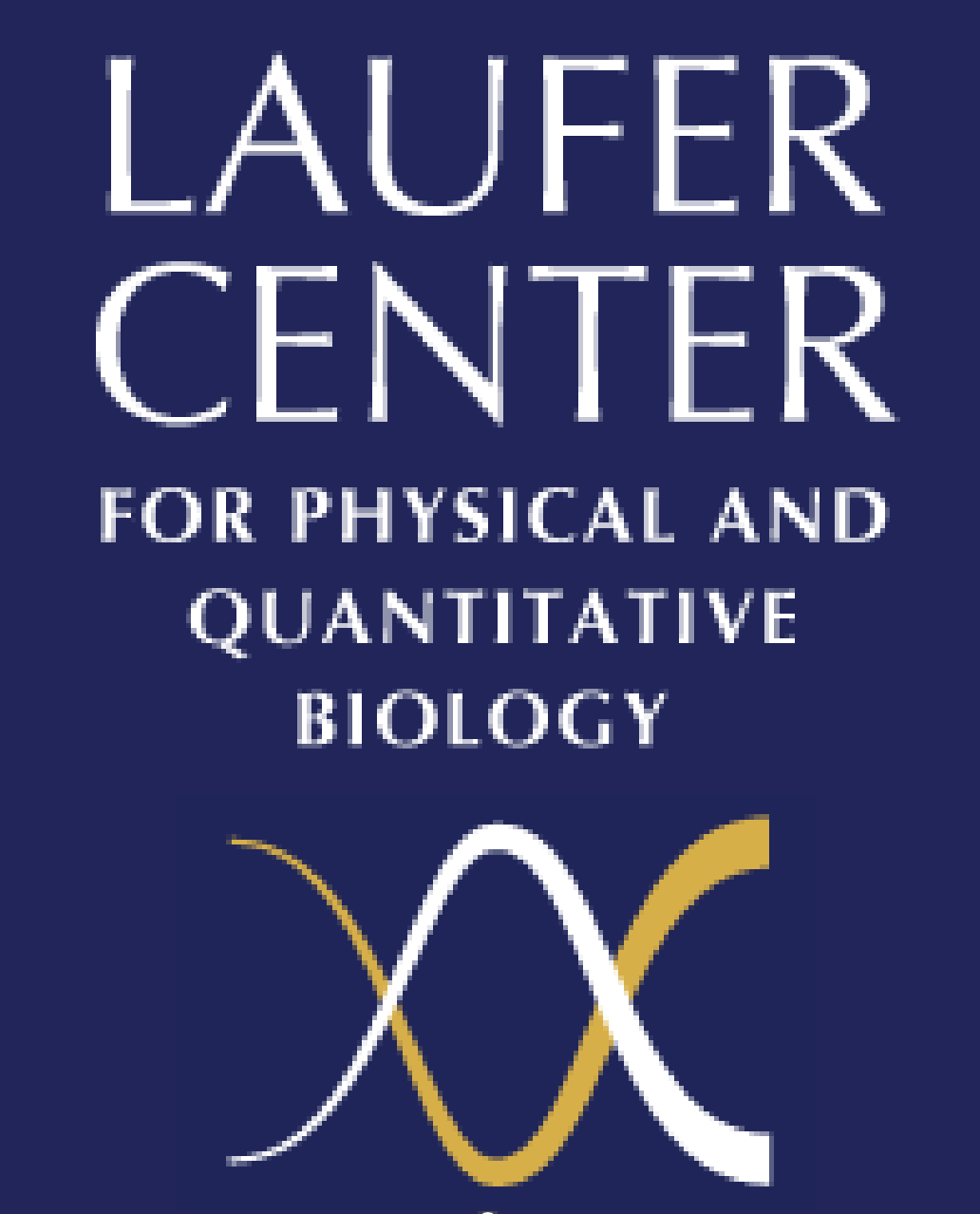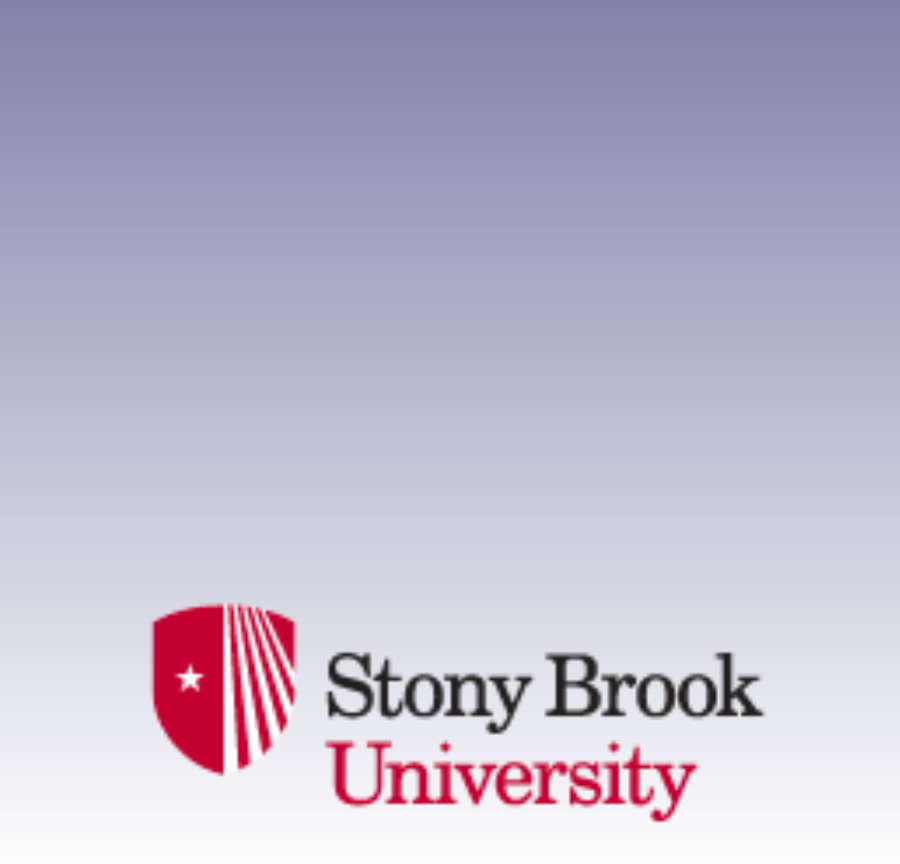Events Calendar
Network Architecture and Predictive Dynamics of Brain Systems
The study of complex systems poses significant mathematical challenges but can simultaneously provide an increased mechanistic understanding of real-world system function. I focus on recent developments in network science that have provided methods to characterize the organization and dynamics of systems that are composed of many interacting parts. At the interdisciplinary boundary between applied mathematics, statistical physics, and neuroscience, I study the
human brain as a network of cortical areas connected by structural or functional highways along which information propagates.
Data acquired from non-invasive neuroimaging techniques has demonstrated that brain network structure varies between individuals, can be linked to our IQ and cognitive abilities, displays altered patterns in disease states like schizophrenia, and changes over time. A mathematical assessment of these dynamics enables the identification of network signatures that predict individual differences in cognitive behaviors such as learning, facilitating a direct feedback loop between theory and experiment. Using these approaches, we can begin to determine fundamental organizational principles of both underlying brain structure and its functional dynamics. Moreover, these results lay the groundwork for statistical approaches to predict individual brain responses to injury, disease, and clinical interventions that could enable the construction of personalized therapeutics, diagnostics, and biomarkers for monitoring disease progression and rehabilitation. In addition to understanding phenomena specific to the human brain, these studies facilitate the examination of more general questions about the relationships between system organization – both static and dynamic – and performance, as well as the influence of external energetic or spatial constraints on that organization.


